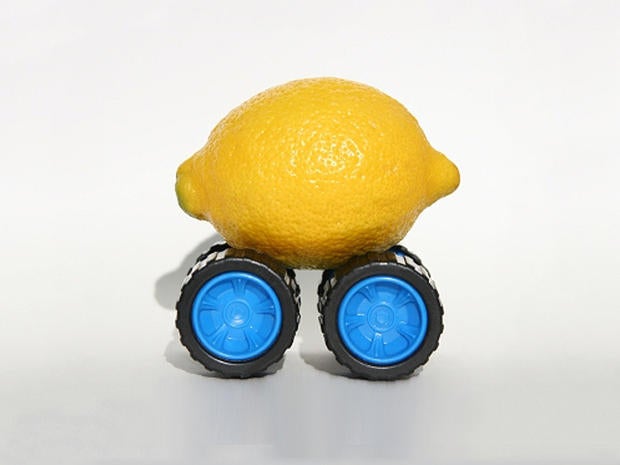Will your next car be a lemon? Why not, say scientists
Brazilian scientists have reportied progress developing nano-cellulose fibers made of lemons, pineapples and bananas for use in automobile plastics.
The project leader Alcides Leao, said the fibers were nearly as stiff as Kevlar and were fully renewable. He also said the fibers were 30 per cent lighter and up to four times as strong as traditional plastic fibers.In disclosing his team's research at a meeting of the American Chemical Society,, which takes place this week, Leao said that it takes about one pound of nano-cellulose to make 100 pounds of these more eco-friendly fibers.
"We believe that a lot of car parts, including dashboards, bumpers, side panels, will be made of nano-sized fruit fibers in the future," he said. "For one thing, they will help reduce the weight of cars and that will improve fuel economy."
It's not as radical an idea as it might sound at first blush. For example, there are several commercial products already in the market which make use of vegetables, such as corn, to make bioplastics. In this case, though, the PR value of so-called green cars, notwithstanding, it's unclear when their lab work might be ported over to a production process that would usher in a new era of renewable bio-plastics - although the researchers claim that some manufacturers are now testing out the feasibility of the idea.
